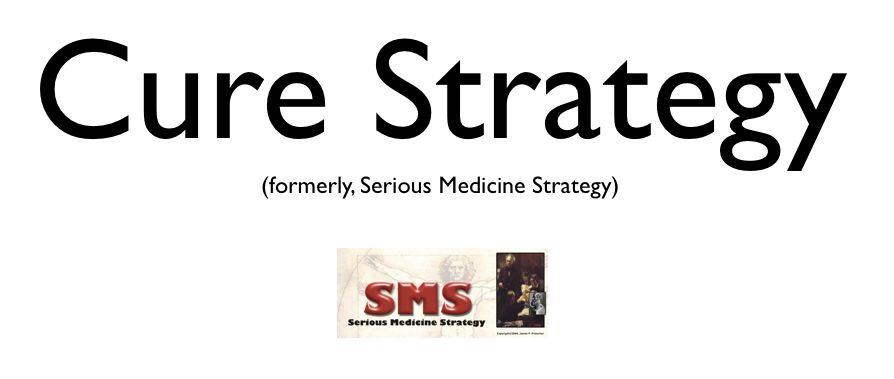
Two thousand years ago, the Roman poet Juvenal asked, Quis custodiet ipsos custodes? That is, "Who will guard the guardians?" Juvenal was referring to personal morality, but the question, more broadly, concerns any sort of concentrated power: What restraints on power? What checks and balances?
Such questions are always timely, in all manner of public and private settings, but two recent news items, concerning the interplay of state power and medicine, remind us all about what ordinary people fear about national health insurance. Most people want medical help from the government, but they also fear medical intervention, especially in personal and private matters.
Both news items are from the UK, reported by The Times of London, and both reveal different aspects of what people fear when they think of the medicine as a part of a vast bureaucratic complex.
The first story, written by Kate Youde, reports on how Britons discovered that the government had been removing body parts from deceased patients without permission:
Bereaved U.K. families will be told that the organ donor records of 800,000 people were wrongly recorded, leading to organs being removed from some loved ones without consent.
As Youde further reports:
The error came to light last year when NHS Blood and Transplant, which runs the organ register, wrote to new donors outlining details of the consent they had given. Respondents complained the information was incorrect.
The NHS corrected 400,000 of the false records but 400,000 people will soon be told the details held about them may be wrong and be asked to provide consent again.
That's going to be a lot of tumult--400,000 Britons being asked, again, about deeply personal choices for themselves and loved ones. Organ donation is an important issue, and there is much to be said for encouraging people to donate organs. But if the government, or anyone else, tramples on people's feelings of privacy and dignity, well, the people will trample right back.
The second story, reported by Chris Hastings and Maurice Chittenden, concerns politicking by the incumbent Labour government, which seems to have gained access to lists of cancer survivors, so that it can send them a postcard telling them that their cancer treatment would be at risk if the Tories take power in the May 6 elections. Labour has sent out 250,000 "cancer cards" so far--not all of them to cancer survivors, some merely to those who have been screened in the past few years--and has plans to send out a total of 4.5 million cards, targeted to various issues and concerns.
Now how, exactly, did the Labour Party know who in the UK had cancer? Labour says that it got the list from a private database company, not from government sources. For their part, the Tories are not convinced that Labour is telling the truth.
Of course, many people seem to be disturbed by the mailers themselves--that is, the Labour government politicizing personal medical information, from wherever it might have been derived. On the other hand, some would say that the politicization bridge was crossed more than six decades ago, when the National Health Service was created. At that point, it became inevitable, and necessary, that politics would enter into just about every healthcare decision. And in 2010, this mailer is just another expression of such politicization.
Finally, we must also note that the Tories are not enemies of the NHS. As a Tory spokesman said in response to the mailer: "We are going to increase the NHS budget in real terms and cut bureaucracy and waste, we will have the capacity to ensure that cancer patients are seen sooner than they are at the moment and to meet the quality standards that they expect.”
So Labour and the Tories are now arguing over who will do more for cancer patients--that's politics. But still, there's something a little bit creepy about politicians knowing so much about you.
And now, of course, those issues are going to come to the US, in an ever more forceful way. as Americans wrangle over Obamacare in 2010 and probably every election thereafter. It must be noted, of course, that the government has always been involved, to at least some extent, in health matters--the Public Health Service, for example, was founded in 1798. And now, in the 21st century, very few American politicians will say that they don't want the government involved in healthcare. They will say, we want reform, we want to protect privacy, we want a better medical strategy, but few this side of Ron Paul will say that the government out to just exit the field. So the prognosis is: More politics.
And so the eternal question, "who will guard the guardians?" needs to be updated. Today, we might ask: Who will mediate the medicators?


No comments:
Post a Comment